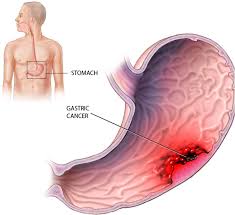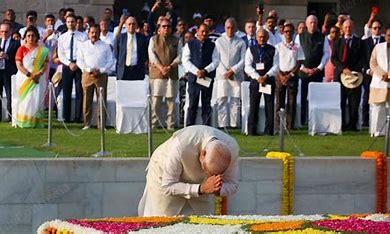
An essential component of our digestive system, the stomach breaks down food and makes it easier for nutrients to be absorbed. But just like any other area of the body, it is prone to a number of illnesses, including cancers of the stomach. Giving information about this, Dr. Manish Sharma, Senior Medical Oncologist, Fortis Hospital, Noida said that “early identification and successful treatment of stomach cancer depend on being able to distinguish its symptoms from those of other stomach-related conditions”. We go into detail here on how to differentiate between these conditions:
Common Stomach Diseases
1. Gastritis: This is the inflammation of the stomach lining, often caused by infection (such as H. pylori bacteria), excessive alcohol consumption, stress, or certain medications. Symptoms may include:
=Nausea and vomiting
=Loss of appetite
=Feeling of fullness
=Burning or gnawing pain in the stomach
2. Peptic Ulcers: These are sores that develop on the lining of the stomach (gastric ulcers) or the first part of the small intestine (duodenal ulcers). Common symptoms include:
=Burning stomach pain
=Feeling bloated
=Nausea and vomiting
=Heartburn
3. Gastroesophageal Reflux Disease (GERD): This condition occurs when stomach acid frequently flows back into the tube connecting your mouth and stomach (esophagus), causing irritation. Symptoms can include:
=Heartburn
=Regurgitation of food or sour liquid
=Chest pain
=Difficulty swallowing
Symptoms of Stomach Cancer
Stomach cancer, also known as gastric cancer, develops slowly over time. Early stages may not present noticeable symptoms, but as the cancer progresses, signs can include:
=Persistent indigestion or heartburn: Unlike occasional heartburn associated with GERD, stomach cancer-related indigestion persists and worsens over time.
=Unexplained weight loss: Losing weight without trying can be a sign of many conditions, including stomach cancer.
=Loss of appetite: This can occur due to the cancer affecting the stomach’s ability to process and tolerate food.
=Abdominal pain or discomfort: This can range from mild to severe and may be felt in the upper abdomen.
=Nausea and vomiting: Persistent nausea and vomiting, especially if accompanied by blood, should be evaluated promptly.
=Feeling full after eating small amounts: Known as early satiety, this can occur as a result of the tumor obstructing the stomach’s normal ability to expand.
Key differences and when to seek medical advice
Differentiating between these symptoms can be challenging, but certain distinctions can help guide you:
=Duration and progression: Symptoms of stomach cancer typically persist and worsen over time, whereas those of gastritis or ulcers may fluctuate or improve with treatment.
=Response to treatment: Conditions like gastritis and ulcers often respond well to medications and lifestyle changes. If symptoms persist despite treatment, further evaluation may be necessary.
=Risk factors: Understanding your risk factors for stomach cancer (such as family history, smoking, diet, and age) can also guide your assessment.
When to consult a doctor:
Dr. Manish Sharma provided details regarding this, “if you experience any concerning symptoms such as unexplained weight loss, persistent abdominal pain, or changes in digestion that do not improve with over-the-counter treatments, it’s important to consult a healthcare professional promptly. Early detection can significantly improve outcomes for stomach cancer and other stomach-related diseases.”















